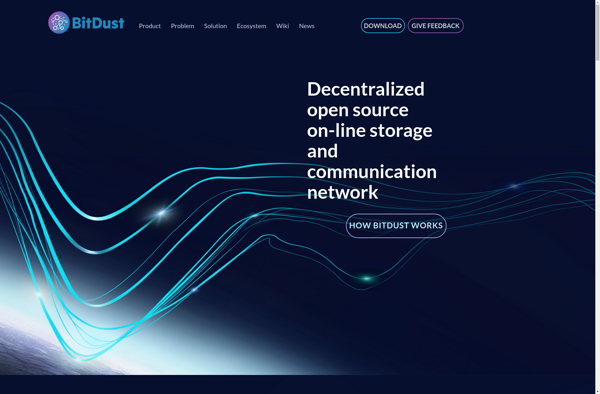Decentralized Internet

Decentralized Internet: A Secure and Private Alternative
A decentralized internet refers to an alternative internet architecture that allows users to connect directly to each other instead of going through centralized servers. It aims to be more secure, private, censorship-resistant, and resilient.
What is Decentralized Internet?
A decentralized internet refers to an alternative internet architecture that moves away from the traditional client-server model where users connect through centralized servers owned by tech companies. Instead, it allows users to connect directly to each other through peer-to-peer connections.
The goal of a decentralized internet is to create a more open and secure network that gives users more control over their data and online activity. By removing centralized points of control, it becomes much harder for any single entity to censor content, collect user data en masse, or impose restrictive policies.
Some key principles of decentralized internet projects are:
- Open standards - Data transport and application protocols are open for anyone to implement
- User control - Users have sovereignty over their own data and connections
- Censorship resistance - No central authority can block content or communications
- Privacy and security - End-to-end encryption protects user data and activity
- Resilience - The network remains operational if some nodes go offline
Early decentralized internet technologies include distributed peer-to-peer systems like Freenet, BitTorrent, and cryptocurrency networks. More recent projects like IPFS, Filecoin, and Hub are building the protocols and infrastructure for an alternative decentralized web.
Decentralized Internet Features
Features
- Peer-to-peer network architecture
- Distributed data storage
- Cryptographic security
- Content addressing
- In-browser applications
- Decentralized domain name system
Pricing
- Open Source
- Freemium
Pros
Cons
Official Links
Reviews & Ratings
Login to ReviewThe Best Decentralized Internet Alternatives
Top Bitcoin & Cryptocurrency and Decentralized Networks and other similar apps like Decentralized Internet
The Web
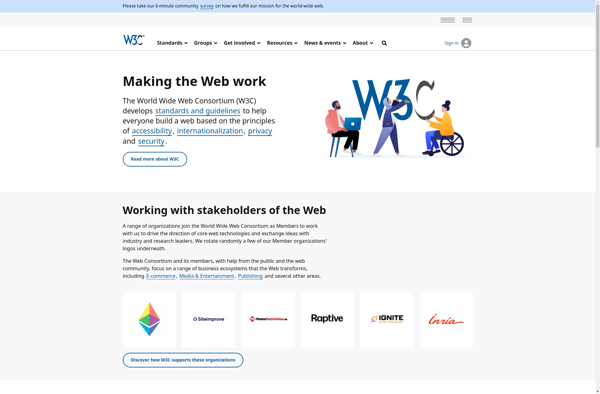
Freenet
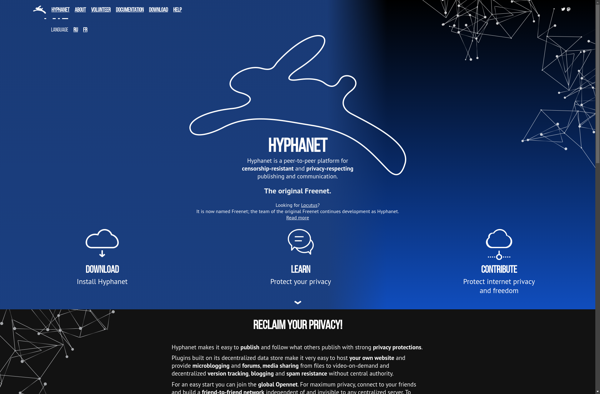
I2P
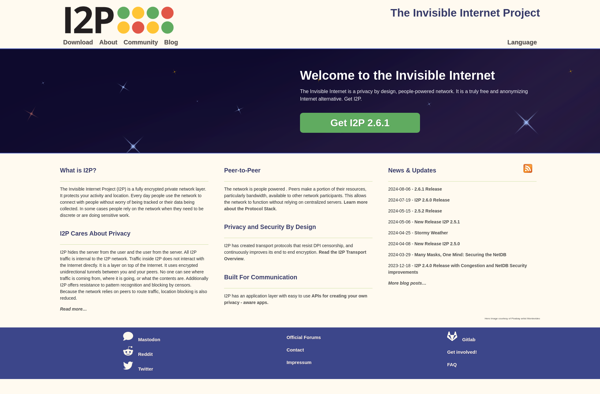
FreePN
IPFS
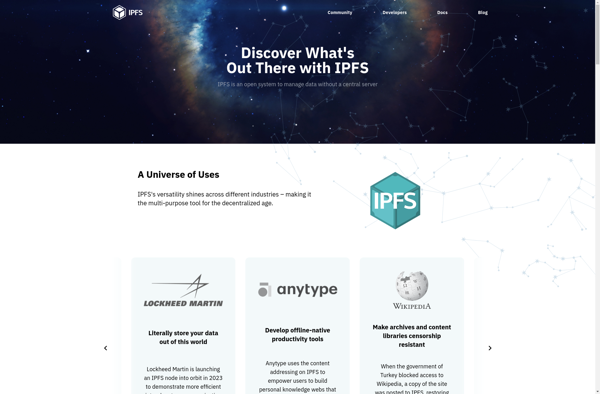
Yggdrasil
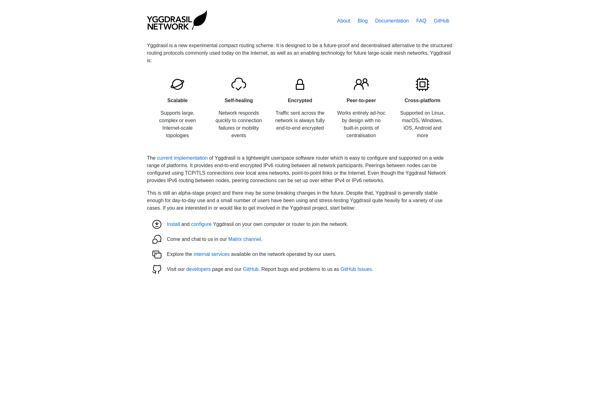
I2pd (I2P Daemon)
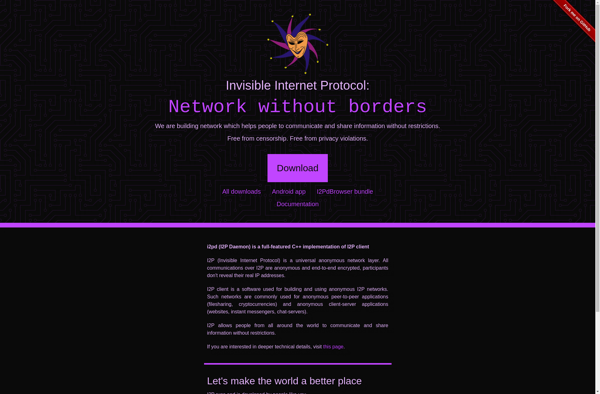
GNUnet
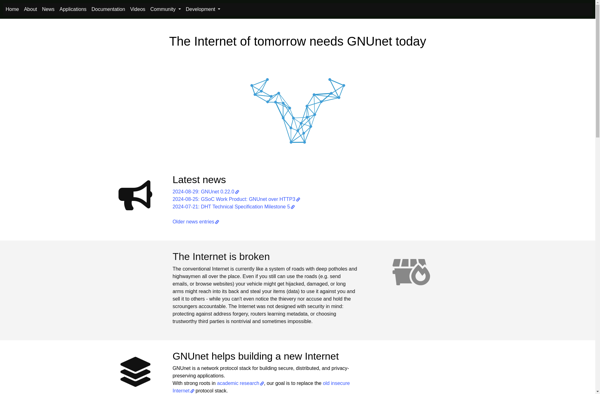
BitDust
